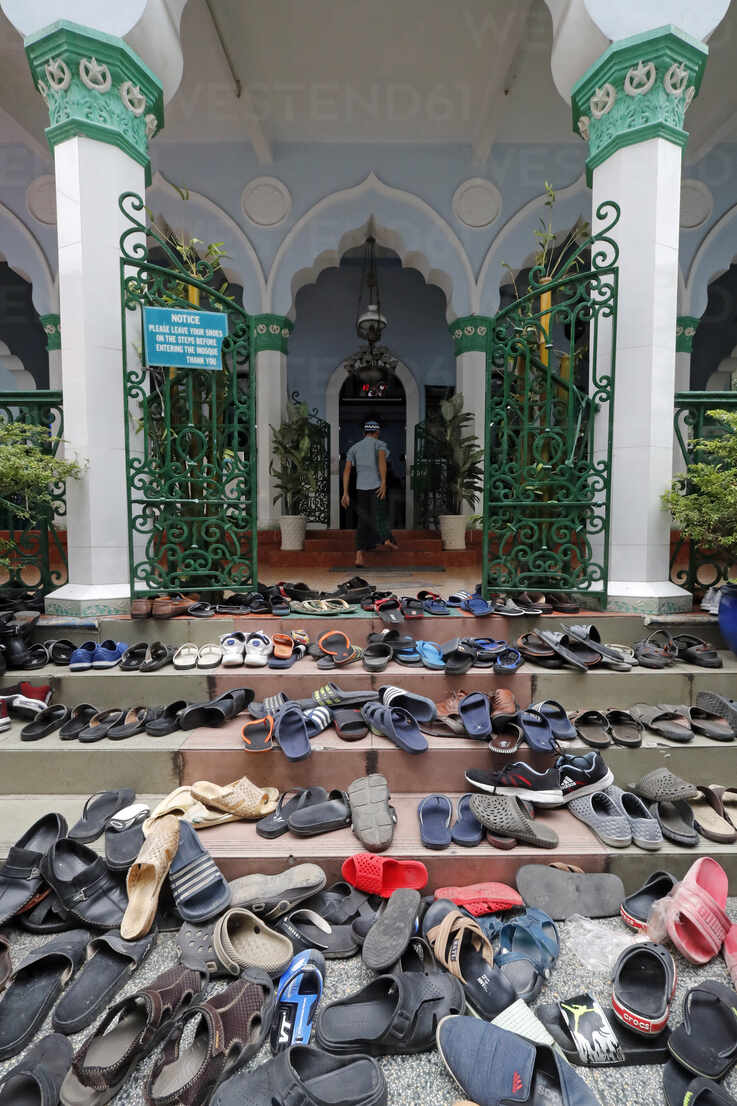
ADVERTISEMENT - CONTINUE READING BELOW
The Belief in What the Shoe Represents is Culture Specific
In historic Ghana, most people went about barefoot, but ritual dictated that the king always had to wear sandals. There was a belief that a monarch must never touch the earth, because if he did, he would lose his status. In much of Asia, shoes have long been considered particularly unclean. Many Asian people do not enter homes with their shoes, but leave them at the doorstep. In Islamic culture, footwear is left at mosque entrances because shoes are deemed unclean. Accordingly, they are removed in the presence of God to show respect and submission. Shoe soles are seen as particularly repugnant in the Middle East. There, it is offensive to show others one’s shoe sole, and to throw footwear at or hit somebody with it is a grave insult.

ADVERTISEMENT - CONTINUE READING BELOW
Sultana Shajar al Durr, a woman who ruled Egypt starting in 1250, had her reign cut short in 1257 when her maids beat her to death with their slippers as she bathed. The sultana’s enemies were not only pleased at her demise, natch, but took extra satisfaction from the manner of her death, inflicted by offensive shoes. The Middle Eastern belief that shoes are ritually unclean is still around. In an infamous 2008 incident, an Iraqi journalist expressed his disgust with President George W. Bush by throwing his shoes at him in a Baghdad press conference. However, in other parts of the world, as seen below, throwing shoes at people can convey the exact opposite message.

